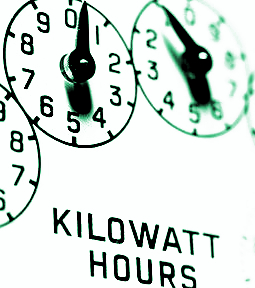Western gas war ignited
 A gas price war has erupted in WA.
A gas price war has erupted in WA.
The arrival if a new retailer, AGL, has caused a serious stir, with Alinta Energy offering customers discounts of up to 30 per cent for new 24-month contracts.
It trumps the previous biggest discount in the market - 25 per cent offered by the Wesfarmers-owned Kleenheat.
AGL says it will discount gas bills by 22 per cent for customers who pay on time.
Business commentator Tim Treadgold said it was a new level of competition.
“It's similar to the telephone, the internet and electricity markets now,” he told the ABC.
“We now have open competition and it's like any form of shopping. If you have a competitive market you'd be a mug not to shop around.
“There are large discounts around if you ask for them.”
Mr Treadgold said gas prices in the rest of the country were going the other way.
“WA is in a very unique position and it's not often our isolation becomes a positive factor, but in the eastern states there is a gas and electricity shortage which is forcing prices through the roof,” he said.
“WA has an abundance of gas, we actually have a surplus which is now leading to these discounts.”
Resources analyst Peter Strachan said low prices would last for about five years.
“We've got the gas coming in from Gorgon, later in the year or early next year, there'll be the Wheatstone and there are also big gas discoveries by Origin and AWE, so they are out there trying to get gas contracts, so there's plenty of gas,” he told the ABC.
“There's plenty of gas for the next three to five years,” he said.
“But after 2022 and 2023 the contracts for the supply of what is effectively fairly low-cost gas out of the North West Shelf roll off.
“Buyers who want gas after that will have to sign new contracts, but the North West Shelf joint venture partners may decide its more profitable to sell into their LNG [liquefied natural gas] markets.
“So if you take a five- or six-year view, it's more than likely that gas prices will be up around $10 to $12 a gigajoule for LNG, which means domestic prices would have to be around $8 a gigajoule to compete.”







 Print
Print